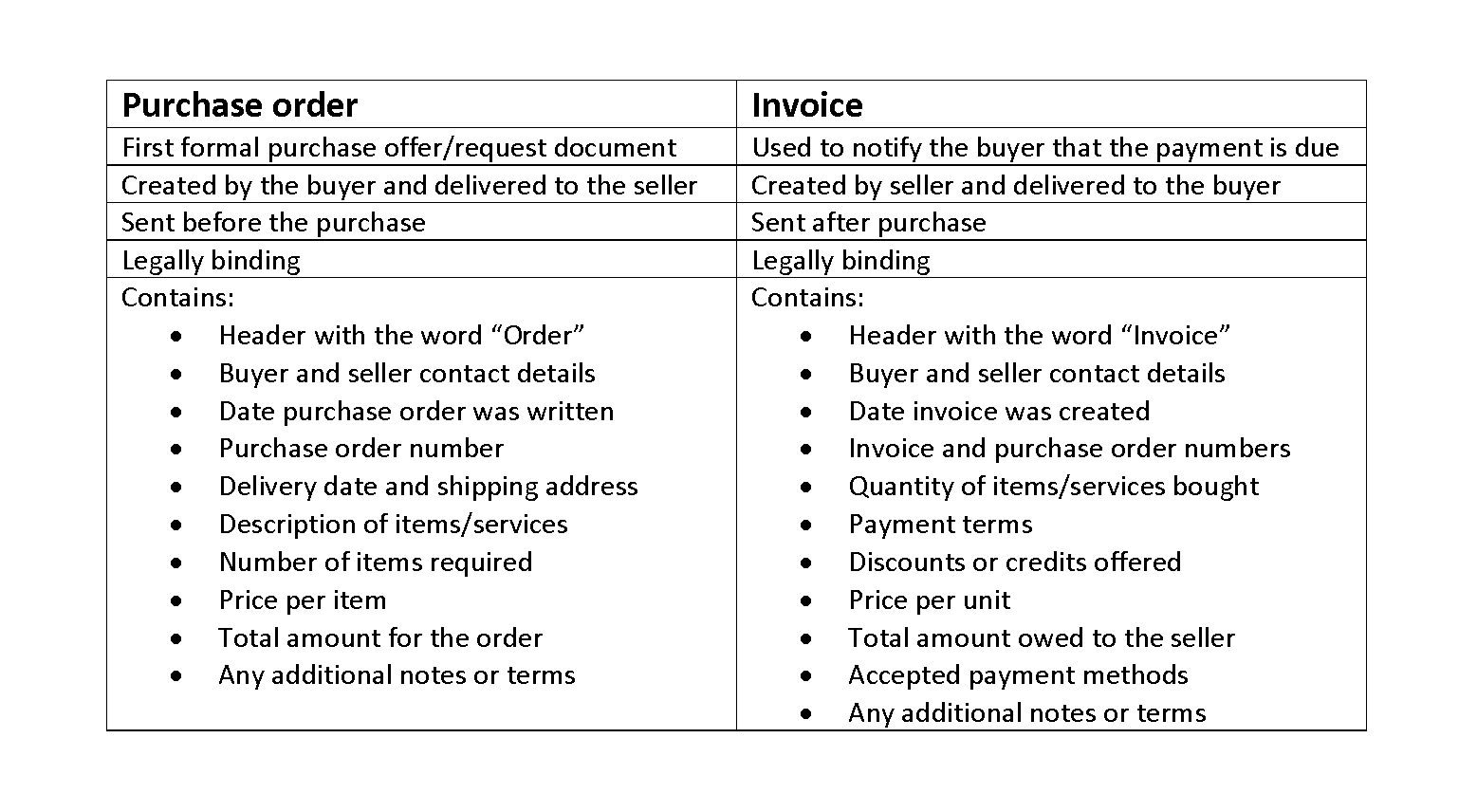The Ultimate Guide to Outsourcing Your Bookkeeping Work: Streamline Your Finances for Success
Kostenlose Online Casinos and Beste Gratis Spiele 2024
22 Luglio 2024Totally free Slot machines To play Online For only Fun five hundred+ Ports
23 Luglio 2024The Ultimate Guide to Outsourcing Your Bookkeeping Work: Streamline Your Finances for Success

Virtual bookkeeping allows businesses to access professional bookkeeping services remotely, eliminating the need for a physical presence. This approach offers greater flexibility, as virtual bookkeepers can provide services from anywhere, often at a lower cost than hiring a local bookkeeper. Virtual bookkeeping also leverages advanced technology and bookkeeping software to provide real-time financial insights and streamline the bookkeeping process.
Your current and future accounting needs
- Having a virtual bookkeeper means that someone else does the books on your behalf online.
- We have prepared a solution for backup and recovery to protect against data loss.
- Regular reports like balance sheets and income statements give you insights into your financial health.
- A second reason to consider outsourcing church finances is a sense of objectivity.
- This expertise can lead to improved accuracy and efficiency in handling financial records.
- The first thing to consider is what type of booking service you need and how much time you’re willing to spend in the know with your bookkeeper.
- Outsourcing these specific bookkeeping tasks improves business efficiency, streamlines operations, and frees your team up to grow your business.
For example, if you hire a professional bookkeeper then the process of bookkeeping will be different than if you chose a hybrid option which is a popular choice of many businesses. Here is an example of the process that occurs when you choose an outsourced bookkeeper. If you are a small business or a startup then you are probably not sure what all the various reports mean. The outsourced bookkeeper will explain what each report means so you can then base your business decisions upon that. The bookkeeper will go into detail so that you can understand your business’s current position income summary and whether you need to change some things to ensure it does better than it is doing right now. The outsourcing service will also provide support so that you can ask them in case of any confusion.
LBMC: Outsourced Accounting Services in Tennessee, Kentucky, Indiana, and Beyond
On the other hand, outsourced bookkeeping entails hiring an external service provider or specialized firm to handle accounting functions remotely. In-house bookkeeping offers direct control and immediate access to financial data but requires more resources and costs. In contrast, outsourced bookkeeping provides cost savings, specialized expertise, and allows businesses to focus on core activities while entrusting financial management to experts. The process of outsource bookkeeping services begins with the establishment of a contract or agreement between the business and the service provider.

A. Types of accounting and bookkeeping services suitable for outsourcing

By leveraging specialized expertise, businesses can reduce costs, focus on core activities, and gain efficient financial management without maintaining an in-house accounting team. Outsourced bookkeepers offer specialized https://www.bookstime.com/blog/coronavirus-aid-relief accounting solutions tailored to the unique needs of small businesses, ensuring accurate financial records and compliance with tax regulations. This support can be crucial for the growth and sustainability of a small business, allowing owners to concentrate on achieving their business goals. The main difference between in-house bookkeeping and outsource bookkeeping lies in who handles the financial tasks. In-house bookkeeping involves having an internal accounting team within the company to manage financial records and transactions.
- Along with obvious benefits like cost reductions, there are some lesser-known boons to outsourcing your company’s accounting functions.
- In this comprehensive guide, we’re exploring every element of outsourced accounting.
- As your company faces a high level of regulation, you can sit back and let your outsourced accounting professionals adhere to compliance requirements with the various regulatory bodies.
- This approach can help small businesses save time and resources while ensuring accurate and up-to-date financial records.
- Or perhaps reconciling transactions eats up too much of your in-house team’s time.
Data Security Considerations
In fact, it can be a game-changer for small businesses that lack the resources for a dedicated in-house accounting team. Outsourcing provides access to specialized expertise and advanced technology, often at a fraction of the cost of hiring internally. This allows smaller businesses to level the playing field and compete more effectively. Before you even start contacting potential bookkeeping providers, take stock of your own business. Do you need help with daily tasks like recording transactions and reconciling bank statements?

How Much Does It Cost to Outsource Bookkeeping?
While outsourced bookkeeping can be great, it does carry a risk because your transactions are being handled and managed by someone else. The cost of outsourced bookkeeping can vary depending on various factors and so it is difficult to give an exact estimation. According to experts, the cost of outsourcing bookkeeping generally starts at $500 and can go as high as $2,500 per month which means anywhere from $6,000 to $30,000 per year for a business.

Our professionals offer a full range of outsourced accounting services, ranging from full-service bookkeeping to advanced CFO-level strategic advisory services. The work of a bookkeeper is very outsourced bookkeeping important but it is primarily made up of relatively straightforward data entry tasks. Bookkeeping is regarded as an entry-level position, but the cost of hiring a full-time bookkeeper can still be expensive for small businesses. The average full-time bookkeeper in the U.S. earns approximately $45,000 before bonuses and other benefits – a key reason many businesses are exploring outsourced bookkeeping services. Additionally, partnering with a reputable outsourced bookkeeping service can provide access to advanced technology and expertise that may not be available internally.
